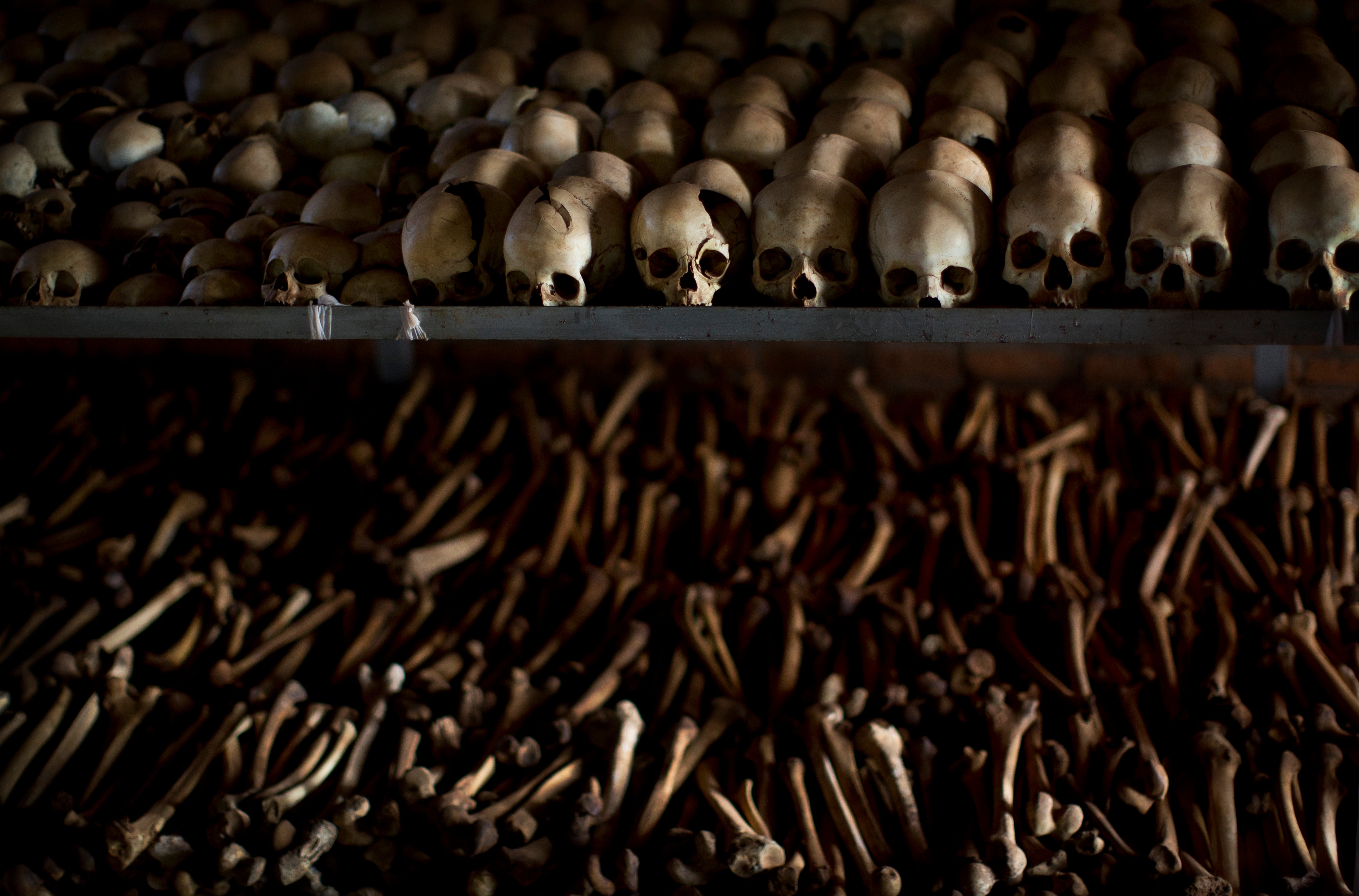Rwandan genocide suspect seeks transfer to The Hague
The defense lawyer of an 87-year-old Rwandan genocide suspect arrested in France has appealed to an international court not to send him to Tanzania to face trial

Your support helps us to tell the story
From reproductive rights to climate change to Big Tech, The Independent is on the ground when the story is developing. Whether it's investigating the financials of Elon Musk's pro-Trump PAC or producing our latest documentary, 'The A Word', which shines a light on the American women fighting for reproductive rights, we know how important it is to parse out the facts from the messaging.
At such a critical moment in US history, we need reporters on the ground. Your donation allows us to keep sending journalists to speak to both sides of the story.
The Independent is trusted by Americans across the entire political spectrum. And unlike many other quality news outlets, we choose not to lock Americans out of our reporting and analysis with paywalls. We believe quality journalism should be available to everyone, paid for by those who can afford it.
Your support makes all the difference.The defense lawyer of an 87-year-old Rwandan genocide suspect arrested in France has appealed to an international court not to send him to Tanzania to face trial, but instead to transfer him to the Netherlands for health reasons, according to a written request filed Monday.
Félicien Kabuga, one of the most wanted fugitives in Rwanda’s 1994 genocide was arrested outside Paris in May after 25 years on the run. He is accused of genocide and crimes against humanity for equipping militias that killed more than 800,000 ethnic Tutsis and moderate Hutus who tried to protect them.
Kabuga has denied involvement in the massacre.
A court Paris last week approved Kabuga's extradition to a special international court in Arusha, Tanzania. Citing health grounds including fears he could contract COVID-19 in Tanzania, his French lawyer says Kabuga should instead be sent to The Hague, Netherlands.
Lawyer Emmanuel Altit put his request in writing to the president of the U.N.’s International Residual Mechanism for Criminal Tribunals, which had sought Kabuga's arrest since 2013.
The mechanism deals with cases remaining from now-closed U.N. tribunals that prosecuted atrocities committed during the Balkan wars of the 1990s and the Rwandan genocide. The mechanism has branches in The Hague and Arusha.
Altit said Kabuga's health could be badly affected by a flight from Paris to Arusha and warned that he could also contract COVID-19 in Tanzania. He added that a transfer to Tanzania also would separate Kabuga from his family.
Tanzania’s president, John Magufuli, has claimed his country is free of the coronavirus because of the power of prayer — but his government stopped publicly updating virus data at the end of April, with just 509 confirmed cases.
Altit wrote that if Kabuga is sent to Tanzania and contracts COVID-19, "he could not be adequately treated since the Tanzanian authorities deny the very presence of the virus on their soil.”
It wasn't immediately clear how long the mechanism's president would take to issue a ruling.